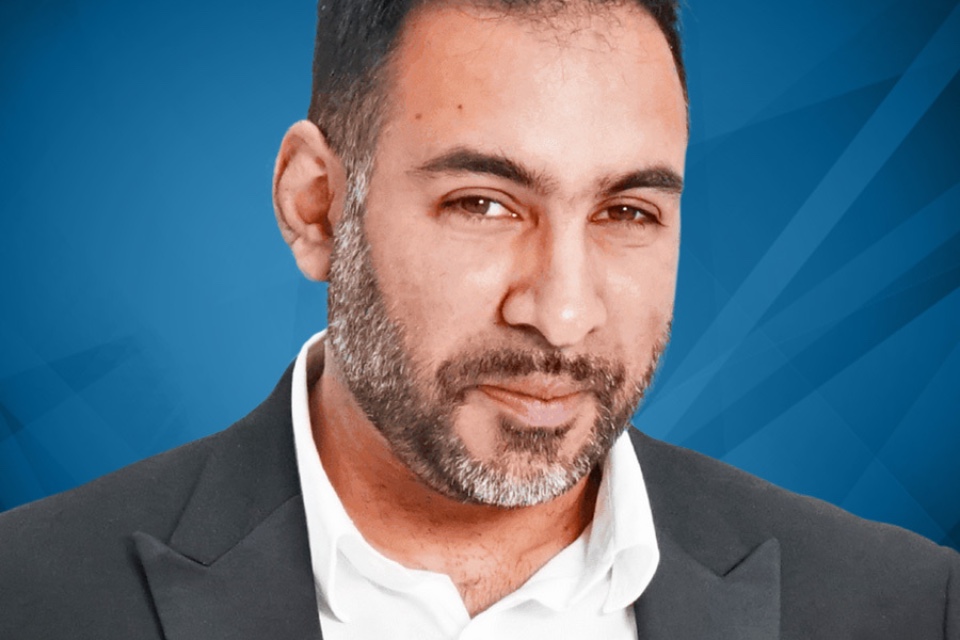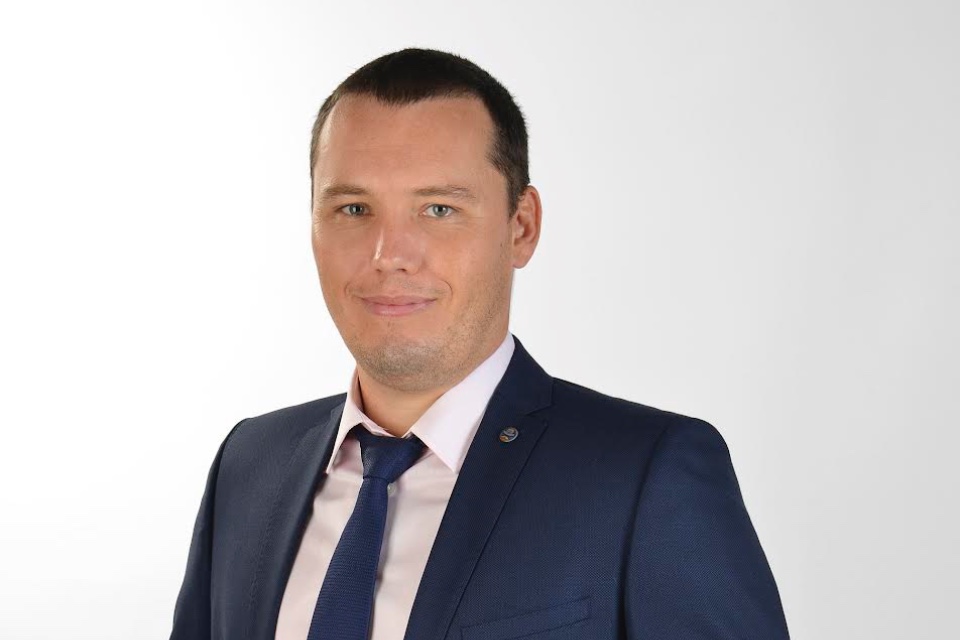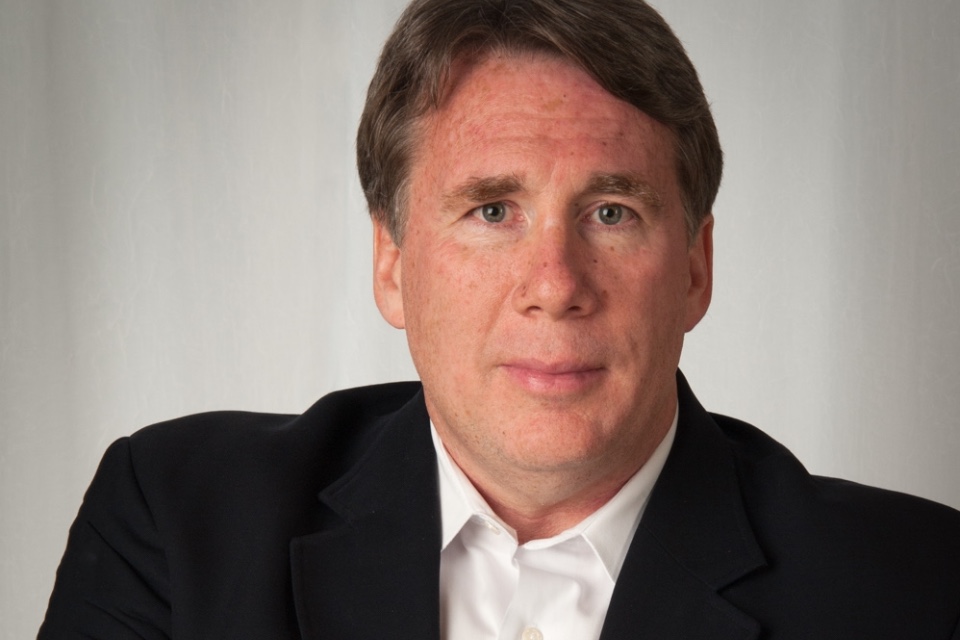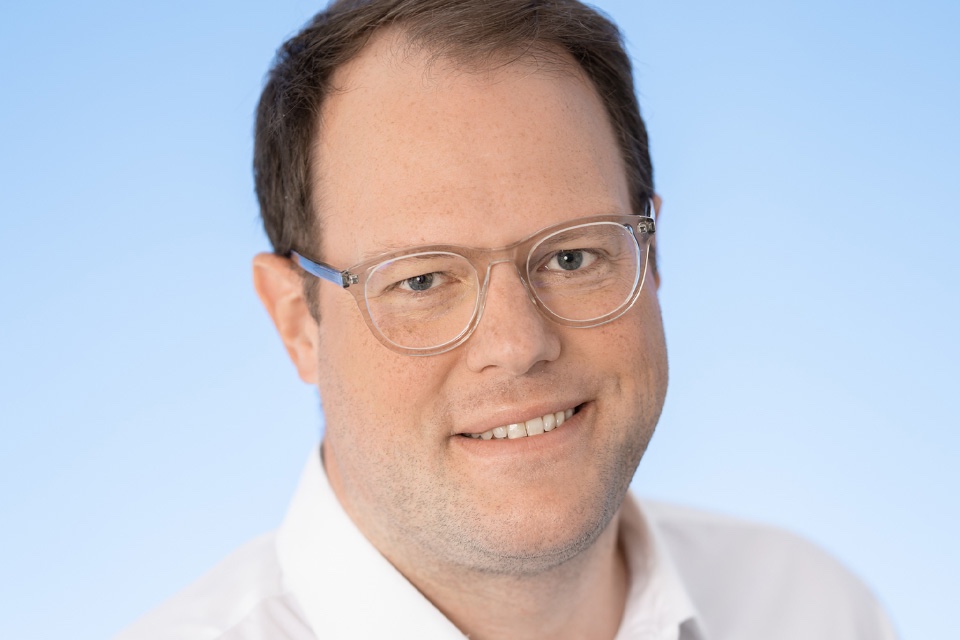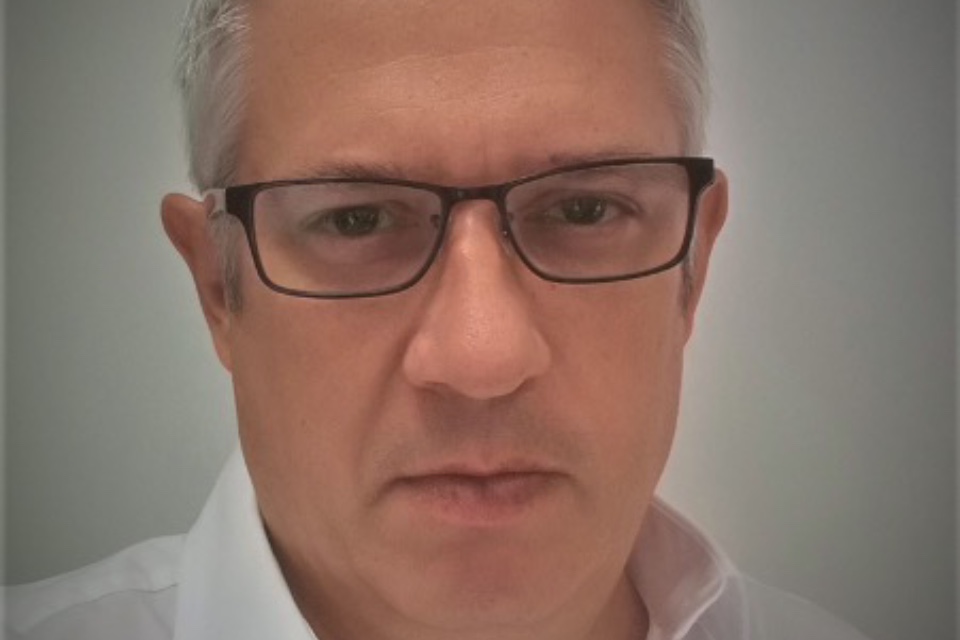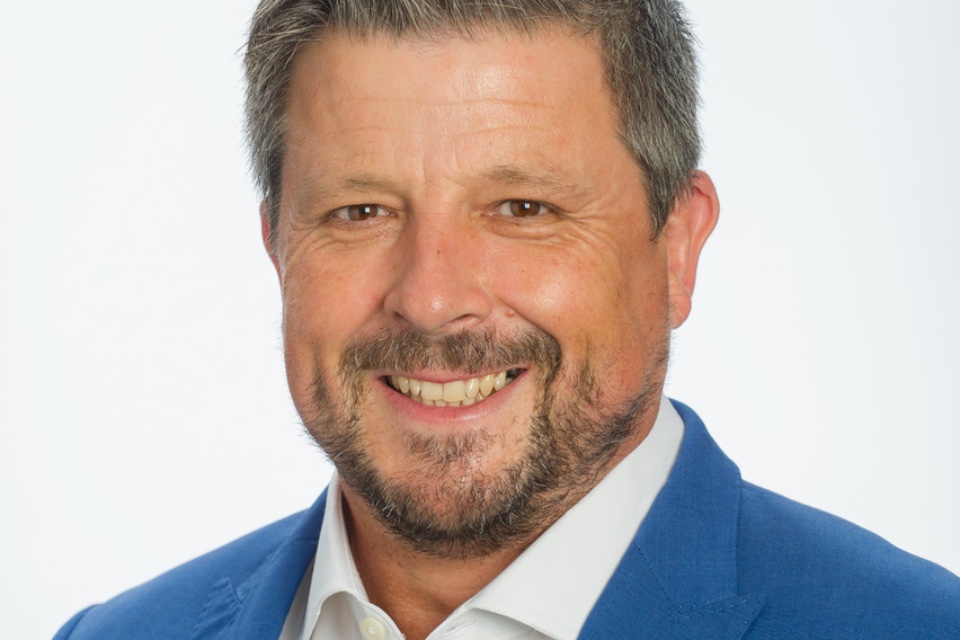5 Minutes With… Javvad Malik, Security Awareness Advocate at KnowBe4
https://cybersecureforum.co.uk/wp-content/uploads/2023/09/Javvad-Headshot-1-2.jpg 960 640 Stuart O'Brien Stuart O'Brien https://secure.gravatar.com/avatar/81af0597d5c9bfe2231f1397b411745a?s=96&d=mm&r=gIn the latest instalment of our cybersecurity industry executive interview series we spoke to Javvad Malik (pictured), Security Awareness Advocate at KnowBe4, about the importance of training employees to avoid risks, common mistakes made in cyber defence strategies and why action blockbuster The Predator is the perfect movie for cybersecurity professionals…
Tell us about KnowBe4
KnowBe4 is the world’s first and largest New-school security awareness training and simulated phishing platform that helps you manage the ongoing problem of social engineering. Our main mission is to enable employees to make smarter security decisions every day, and that’s what our products are all designed to support.
Why is security awareness and training important?
Humans are the most attacked vector in any cyber security incident. As a result, security awareness and training is essential to equip employees with the knowledge and skills needed to navigate the digital world safely. By promoting a strong security culture, organisations can significantly reduce the likelihood of successful cyberattacks and minimise the potential impact when incidents occur.
What do organisations most commonly get wrong when it comes to cybersecurity?
Too many times organisations focus on the new shiny threats out there and focus on highly technical and often theoretical threats. The main threats most organisations face still revolve heavily around phishing, poor passwords, and unpatched software. By focussing on the fundamental controls, organisations can reduce their risk significantly compared to chasing the latest shiny tech.
What advice would you give someone starting out in cybersecurity
Be patient, learn your craft, find mentors who can help you grow into areas you want to.
What infosec technology could you not live without?
From a personal perspective, I think a password manager has become invaluable in creating, storing and managing credentials. I genuinely don’t know any of my credentials – which I think is a good thing.
What’s your favourite cybersecurity movie?
Predator, with Arnold Schwarzenegger. You probably are wondering why that is a cybersecurity movie, and to answer that I explained my thoughts here: https://javvadmalik.com/2020/10/29/why-predator-is-the-ultimate-ciso-movie/

